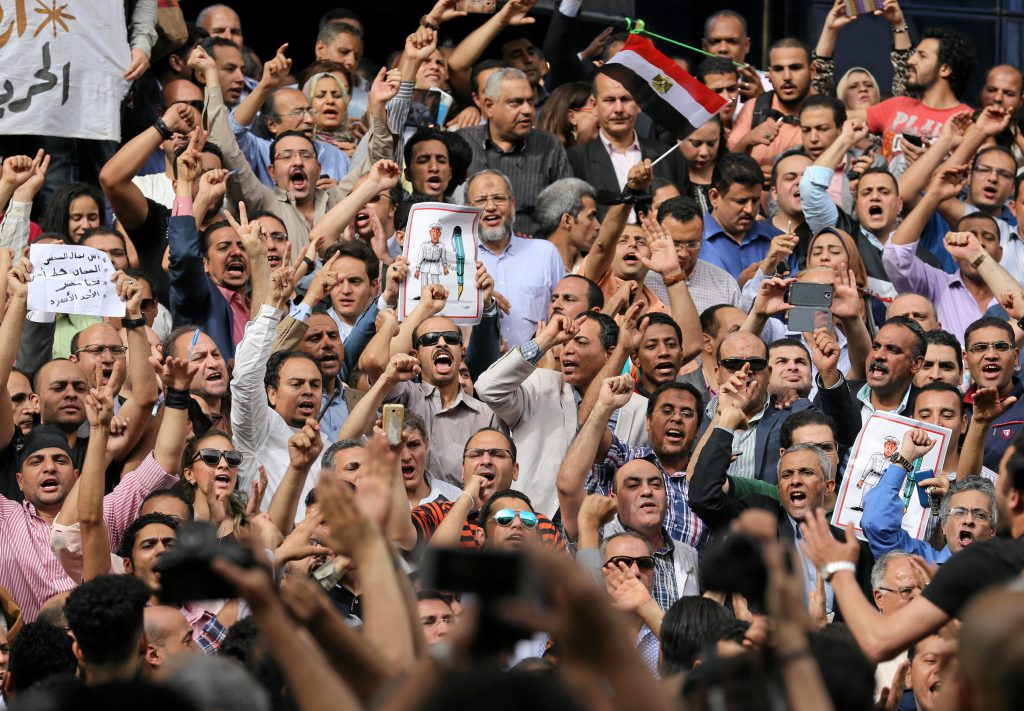In 2011, one main takeaway from the Arab uprisings for the EU was that cosying up to dictators while supporting civil society superficially, but not in a meaningful, political way, was a recipe for disaster. And yet in the decade that followed, the EU and its Member States have repeated the exact same mistake again. They are fully aware of the seriousness of the human rights crisis in Egypt, and yet have largely failed to take any meaningful action to address it. Rather, European governments have progressively normalised their relations with Egypt and supported Al-Sisi’s regime by selling weapons and bolstering cooperation while sending lukewarm messages about the protection of civil society. Some even went as far as conferring prestigious awards to President Al-Sisi and other high-ranking officials.
In the past decade, every single aspect of the human rights situation in Egypt has deteriorated. Elections were used to rubber-stamp the regime; the separation of powers was eroded; poverty and economic disparities have increased; extrajudicial killings, torture and arbitrary detention have become routine and civil society was crushed. Only in the last year, the regime has used the emergency powers that it granted itself during the COVID-19 pandemic to increase the President’s power and arrest human rights defenders, peaceful activists and journalists, often adding them to the terrorism list. The authorities brutally crushed mostly peaceful demonstrations, detained doctors and journalists for criticising the handling of the pandemic, further curtailed women’s rights and adopted the (still unpublished) bylaws of a really repressive NGO law.
One year ago, EuroMed Rights, along with other NGOs, wrote to the EU to call for a comprehensive review of EU-Egypt relations in light of the sustained and unprecedented crackdown on human rights in the country, echoing a call of the European Parliament in October 2019. That call was reiterated in December 2020, and the Egyptian government’s intensifying repression shows how crucial it remains. On 25 January, the EU marks 10 years since the Egyptian revolution with a discussion at the Foreign Affairs Council. Will this momentous anniversary finally be the wake-up call where meaningful EU action will be taken?

